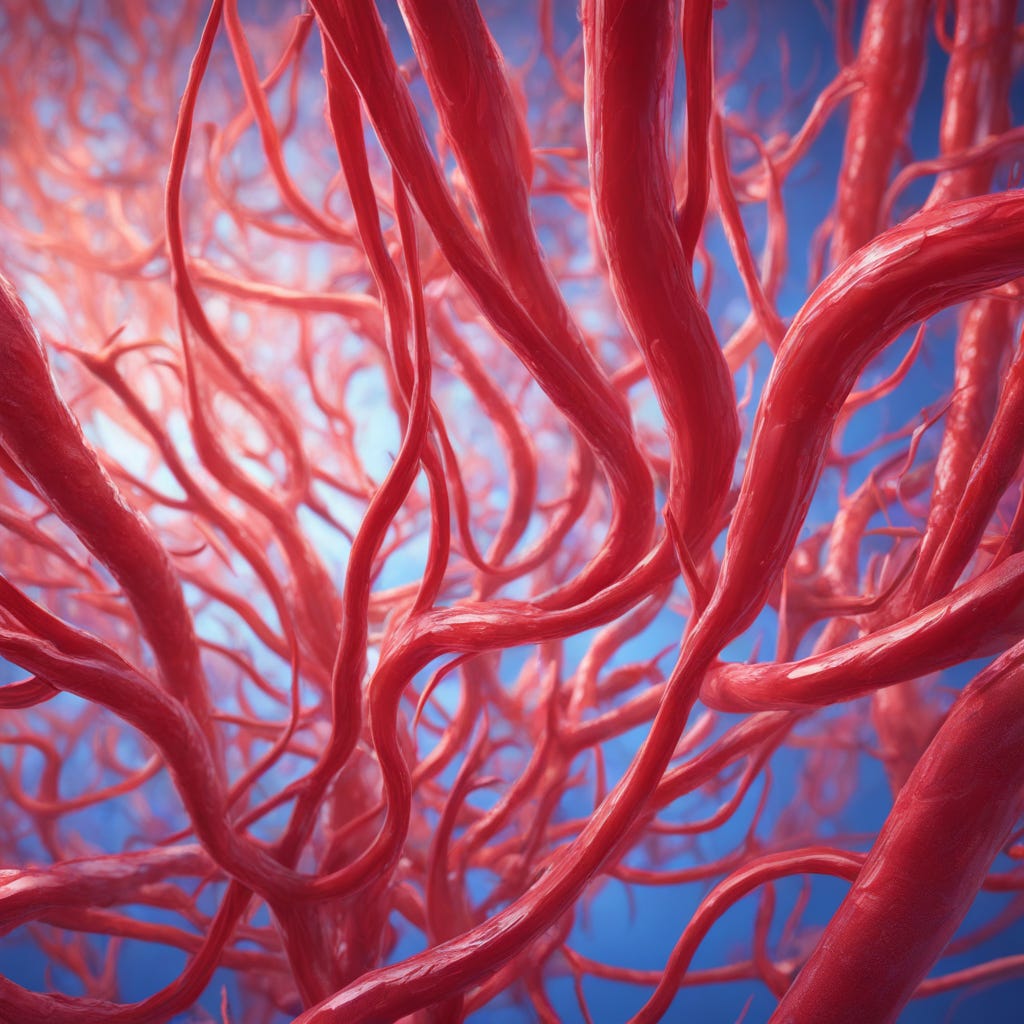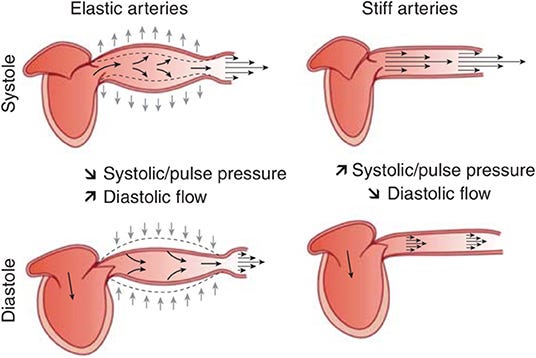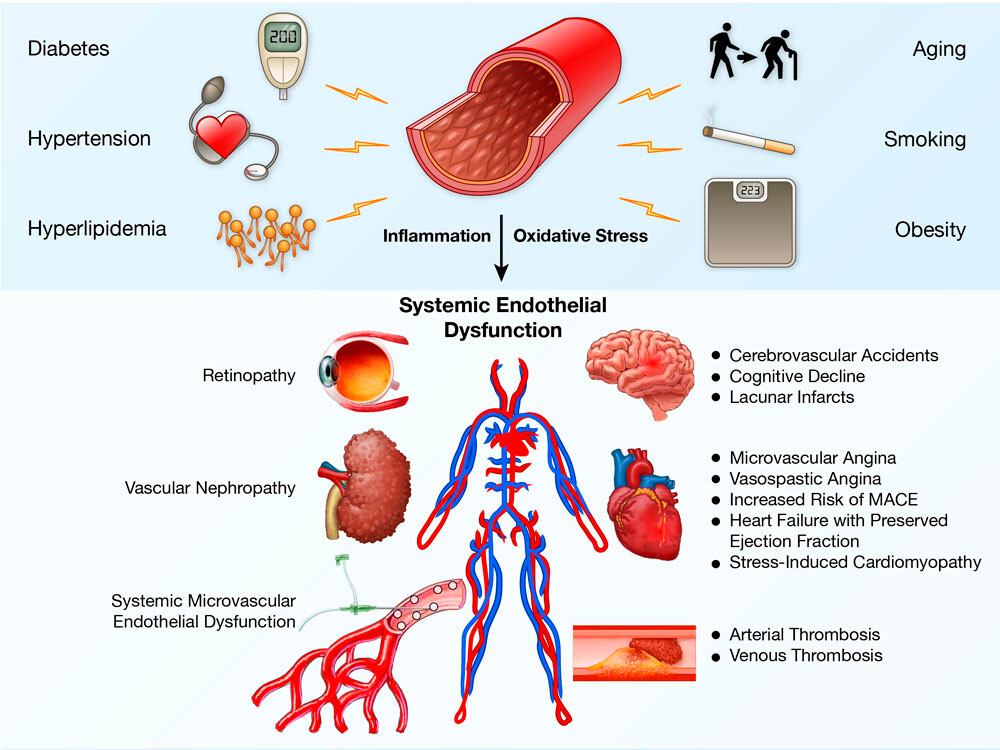Sleep and Cardiovascular Disease Part III: Sleep Deprivation and Blood Vessel Health
How chronic sleep loss damages arteries.
Greetings!
Last week, I released part II of an ongoing blog series on sleep and cardiovascular health.
If you missed part I, you can read it here.
This week, in part III, we will talk about how a lack of sleep — referred to as sleep deprivation — affects the health and function of our blood vessels.
Here’s what to look forward to in the remaining parts of this series:
Part IV: Mechanisms Underlying the Effects of Sleep Loss on Cardiovascular Disease Risk
Part V: How Exercise Protects against the Effects of Sleep Loss
So far in this series, we’ve discussed the consistent association of sleep with cardiovascular disease (CVD) morbidity and mortality. In short: people who get less sleep suffer from more cardiovascular complications.
We also explored some evidence of the existence of sex differences in the effects of insufficient sleep on cardiovascular health, which seem to indicate that short sleep duration may disproportionately affect women compared to men. Finally, the role of circadian rhythms and their mediation of sleep and cardiovascular health was underscored.
Today, we go a bit deeper and explore how insufficient sleep influences the health and function of our blood vessels. Specifically, today’s discussion will focus on how insufficient sleep impacts two key metrics that reflect cardiovascular health: arterial stiffness and endothelial function.
First, let’s briefly touch upon each of these measures to gain a better understanding of what they mean for our overall health.
Arterial stiffness and endothelial function: a brief overview
Arterial stiffness is a measure of how stiff or “inelastic” our arteries are. In general, arteries need to be elastic (think, stretchy) in order to handle the body’s large blood volume and keep blood pressure under control. Age, disease, and other conditions can increase the stiffness of our arteries, and this predisposes to an increased risk for cardiovascular disease.
Vascular function (also referred to as endothelial function) refers to the ability of our blood vessels to relax and contract in response to stimuli; the most common stimulus is an increase in blood flow (due to exercise), which elevates the production of nitric oxide (NO) and leads to the dilation (widening) of the artery diameter.
Endothelial function is related to and influenced by arterial stiffness. When our arteries function properly, they are able to dilate (relax and increase in diameter) in response to the proper regulatory signals. This is important during everyday life, but especially during exercise and other situations where our demand for blood flow increases. It also helps keep blood pressure under control.
When arteries don’t function properly, this is known as endothelial dysfunction.
Generally, endothelial dysfunction refers to a failure of blood vessels to properly dilate. Like arterial stiffness, endothelial function declines with age and in many disease states; it’s also associated with an increase in the risk for several diseases.
We will discuss mechanisms of endothelial dysfunction in the context of sleep deprivation in a future post.
With that brief primer out of the way, it’s time to look at how arterial stiffness and endothelial function are associated with sleep and sleep deprivation.
The association of sleep with blood vessel health
Several studies report findings in regard to arterial stiffness and its association with sleep. Some studies report that measures of arterial stiffness are associated with long sleep duration of >9 hours,1 or that people with a short sleep duration have lower (better) arterial stiffness than those with normal or long sleep duration;2 while other studies find no significant association of sleep and arterial stiffness.3
However, one study found that, in boys, short sleep duration was associated with increased arterial stiffness,4 perhaps suggesting that early-life sleep deprivation may lead to negative vascular effects later in life. This has yet to be studied in well-controlled trials, however.
In contrast to arterial stiffness, there’s a much more consistent body of literature on the association of endothelial function and sleep deprivation.






